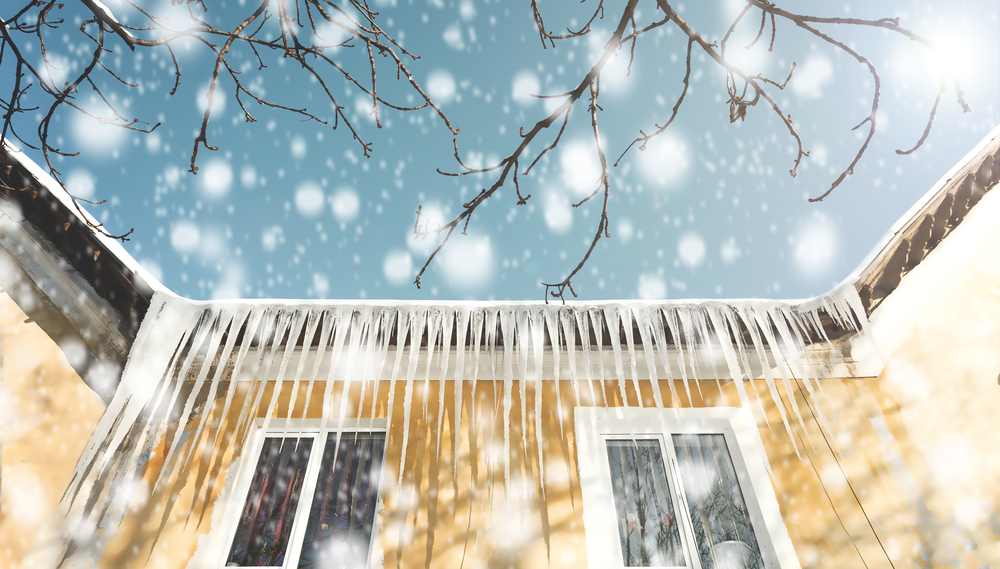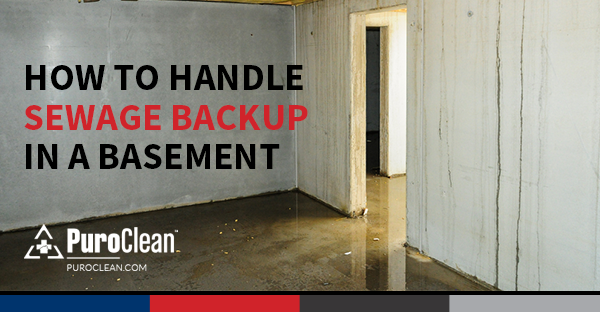Are you unsure whether pouring grease down the drain is okay? If so, you’re not alone. The issue of disposing of grease and cooking oils down the kitchen sink has been a topic of debate for many households and environmentally-conscious individuals. While letting the grease flow down the drain may seem convenient, it can lead to severe consequences for your plumbing system and the environment.
In this article, we’ll present the potential dangers of pouring grease down the drain, the impact on sewer systems, and eco-friendly alternatives to ensure you make the best decision for your home and the planet.
The Implications of Pouring Grease Down the Drain
There are consequences of pouring grease down the drain. Everyone needs to be aware of these effects to avoid the long-term problems arising from such a seemingly harmless act. Here are some significant implications you should take into account:
- Plumbing Issues: Pouring grease down the drain leads to clogs and backups in your property’s plumbing system. As the grease cools and solidifies, it adheres to the pipes’ inner walls, narrowing the pipe’s diameter and restricting water flow. It can eventually lead to complete blockages and necessitate costly repairs or even pipe replacements.
- Impact on Wildlife: Fatbergs that form in sewage systems can eventually make their way into rivers and oceans, impacting marine and aquatic life. Wildlife can mistake these fatbergs for food, leading to ingestion and entanglement issues. Moreover, the chemicals and toxins present in grease can harm aquatic ecosystems.
- Foul Odors: Accumulated grease and fat in pipes can emit foul odors, making your home unpleasant to live in. The smell can be difficult to eliminate and might require professional intervention to clean the pipes thoroughly.
- Home Value: Clogged and damaged plumbing due to grease buildup can decrease the value of your home. Potential buyers may doubt to invest in a property with a history of plumbing issues, which could affect the resale value.
- Public Infrastructure Damage: Fatbergs not only affect your home’s plumbing but also strain municipal sewer systems. The accumulation of grease and other waste materials in the sewer network requires more frequent maintenance and can lead to increased operational costs for local authorities.
- Financial Burden: The cost of plumbing repairs due to grease-related clogs can be significant. Additionally, municipalities bear the financial burden of dealing with fatbergs, which ultimately affects taxpayers.
- Health Concerns: Clogged sewer systems and overflows can expose people to harmful bacteria, pollutants, and foul odors. It can present health risks to the public and those responsible for cleaning and maintaining the sewer systems.
To prevent these issues, it’s crucial to adopt proper grease disposal practices. Allow grease to cool and solidify in a container, then dump it in the trash. Alternatively, consider recycling used cooking oil, as some municipalities or recycling centers may have programs for this purpose. By taking responsible actions, individuals can protect their plumbing systems, reduce environmental harm, and contribute to the community’s overall well-being.
Health Hazards and Sewage Leaks
Neglecting proper maintenance practices can lead to serious health hazards and sewage leaks, putting your well-being and the environment at risk. Pouring grease down the drain is a common practice that many people engage in without considering the consequences. However, this seemingly harmless act can have detrimental effects on both human health and the environment.
- Health risks: When grease is poured down the drain, it coats the inside of pipes and creates a sticky residue. Over time, this build-up can attract bacteria, leading to foul odors and potential health risks. Bacteria such as E.coli thrive in these environments and can contaminate water sources if they leak into the sewage system. Ingesting or coming into contact with polluted water can result in illnesses such as gastrointestinal infections, diarrhea, and even more severe conditions for individuals with weakened immune systems.
- Environmental Impact: Grease dumped down drains not only affects human health but also poses a significant threat to the environment. As grease accumulates within pipes, it constricts water flow and causes blockages that may result in sewage backups or overflows. These spills release untreated wastewater into nearby rivers, lakes, or oceans, polluting aquatic ecosystems and endangering marine life. Additionally, when grease combines with other chemicals present in wastewater treatment plants, it forms solid masses known as “fatbergs,” which further obstruct sewer systems.
- Economic Consequences: Apart from health risks and environmental damage caused by pouring grease through the drain, this practice also has associated economic implications. Sewage backups due to pipe obstructions require costly repairs that often fall on homeowners’ or municipalities’ shoulders. Furthermore, treating contaminated water requires additional resources for wastewater treatment facilities to remove excess fat build-ups before releasing clean water into nature.
Considering these health risks and environmental impacts of pouring grease through the drain highlights the urgent need for alternative disposal methods. Instead of risking your well-being and contributing to pollution, exploring alternative ways to handle grease waste is essential.
Alternative Methods of Grease Disposal

Finding alternative methods for grease disposal is crucial for protecting the environment and promoting sustainability. Here are some alternative ways of grease disposal that you can consider:
- Grease Recycling Programs: Many communities and municipalities offer grease recycling programs. These programs collect used cooking oil and grease from residents and businesses, which is then sent to specialized facilities for processing. The accumulated grease can be converted into biodiesel or used in various industrial applications, reducing the demand for fossil fuels and minimizing environmental pollution.
- Rendering Facilities: Rendering facilities are specialized facilities that process animal by-products, including grease and fat, into useful products like animal feed and industrial materials. By sending your excess grease to a rendering facility, you can ensure it’s put to productive use instead of causing environmental harm.
- Grease Traps: Installing grease traps in commercial kitchens and food establishments effectively captures and contains grease before it enters the sewer system. Regular maintenance and cleaning of grease traps prevent grease from clogging pipes and causing sewage overflows, which can be harmful to the environment.
- Solidification: Solidifying excess grease before disposal can make handling easier and safer. There are solidifying agents available that can turn liquid grease into a solid, which can then be disposed of in regular trash bins. Be sure to check local regulations to ensure this method is acceptable in your area.
- Reuse for Cooking: If the grease is still in good shape, you can reuse it for cooking instead of disposing of it. Filtering and straining the used cooking oil can help remove impurities and extend its useful life.
- Anaerobic Digestion: Anaerobic digestion is a system in which microorganisms break down organic matter, including grease, in the absence of oxygen. This method produces biogas, which can be used as a renewable energy source and digestate. This nutrient-rich material can be used as fertilizer.
Remember, when disposing of grease in any manner, it’s crucial to adhere to local regulations and guidelines. Pouring grease down the drain or into the environment can lead to severe problems, such as clogged pipes, sewer overflows, and environmental pollution. Embracing these alternative grease disposal methods can contribute to a cleaner and more sustainable environment.
Best Practices for Proper Grease Disposal
Best practices for proper grease disposal are essential to ensure the safety of your home, protect the environment, and avoid costly plumbing issues. Here’s a breakdown of some best practices you can apply:
- Cool and Solidify Grease: Allow leftover grease to cool and solidify before disposal. It can be achieved by pouring the hot grease into a heat-resistant container or using an old can, then letting it cool down naturally or placing it in the refrigerator. Avoid pouring hot grease directly into the trash or down.
- Scrape grease into a Sealed Container: Once the grease has solidified, use a spatula or a spoon to scrape it into a sealed bag or container. Ensure the container is leak-proof and tightly sealed to prevent spills or leaks.
- Use Absorbent Materials: To avoid any potential leaks or spills during transport, place absorbent materials, such as paper towels or newspaper, in the container along with the solidified grease.
- Dispose of it Properly: Check with your local waste management authorities to find the proper way to dispose of solidified grease. Some areas allow you to dispose of it with regular household waste, while others may have specific guidelines for grease disposal.
- Recycle If Possible: In some areas, there might be facilities that can recycle used cooking oil and grease into biodiesel or other products. Check if such recycling options are available near you and utilize them when possible.
- Educate Others: Share information about proper grease disposal with friends, family, and community members. Increasing awareness about the environmental and plumbing issues caused by improper grease disposal can lead to better practices overall.
By following these best practices for proper grease disposal, you can protect your home’s plumbing, prevent environmental damage, and promote a more sustainable approach to waste management. Avoid pouring grease down the drain. Responsible grease disposal is a simple yet impactful way to protect your local community and the broader environment.
The Bottom Line
Pouring grease down the drain is highly discouraged due to its negative consequences for plumbing and the environment. It solidifies in pipes, leading to blockages and costly repairs. Moreover, it poses health risks and contributes to sewage problems. A better approach is to cool and store grease in a container for regular garbage disposal or recycle it at designated centers. These practices protect plumbing and support a cleaner environment.
If you’re looking for expert assistance in handling plumbing issues caused by grease or any other home emergencies, contact us at PuroClean of Zephyrhills. Our team is ready to help you with prompt and professional services.




 PuroClean Certified Restoration Specialists
PuroClean Certified Restoration Specialists